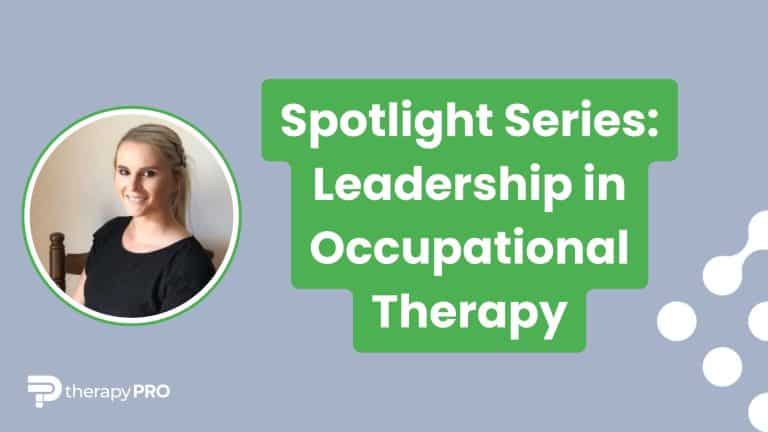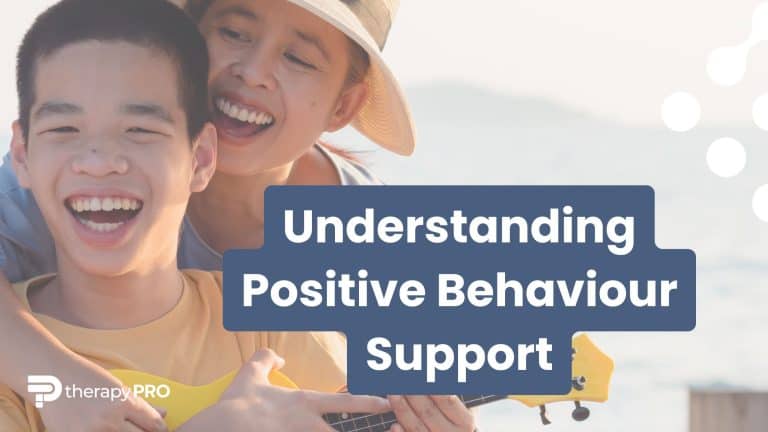As a psychologist and Director of People and Culture at Therapy Pro, I have always had an interest in the connection between therapist wellbeing and the way we work with our clients. I have read a lot about gratitude, and importantly the power of gratitude between colleagues.
I was reminded again about the value of gratitude in the workplace, when I attended a leadership program recently where gratitude was a focus in one of the modules.
Studies, as referenced below, have shown that gratitude can foster adaptive coping mechanism, reduce pain, positively influence mental health, and help fight negative ruminations to rebuild pessimistic thoughts with optimistic ones. There has even been recent evidence of a regular gratitude practice influencing physiology!
From my own experience, keeping a daily journal of the things I am grateful for can help me stay grounded and accept the present situation, even if that is a harsh reality. It has really got me thinking that as the brain tends to focus on obstacles and difficulties, because they demand action, we can easily forget to value the simpler things in life, as they are already there.
As a Leadership Team at Therapy Pro, we have challenged ourselves to include more language of appreciation and talk about the things we are thankful for at work. We still focus on working through the roadblocks and challenges we face as a business but by providing space to acknowledge the kindness colleagues have shown, or the appreciation we feel for others, it has made it easier to show more gratitude.
As an evolution, we are now discussing how we can engage our clients with practicing gratitude for improved wellbeing.
These are some of the ideas we came up with:
- Try saying something nice to yourself each morning, this might be in front of the mirror, as you go for a walk or as you commute to work.
- Share with other people or your Therapy Pro therapist, how you feel grateful for something from the past week.
- Start a journal and towards the end of each day, try writing something down that you are grateful for or reflecting on, it can be a quick, short phrase or longer sentences and paragraphs.
- Find an old jar, decorate it if you feel creative, and start to write down each day on a small strip of paper one thing that you are grateful for. Pop this in the jar and watch as the jar fills to the top. On a day where you feel challenged, you can open the jar and revisit some of the things you’ve previously written.
- Practice being thankful to others by saying the word ‘thank you’ more throughout your week.
- Using a gratitude app like Bliss or Gratitude Garden app to receive prompts and reminders.
Have you spoken to your clients about gratitude or used gratitude to improve wellbeing where you work? I love to hear about it.
Felicia Page
STAP Accredited Organisational Psychologist
Director of People and Culture, Therapy Pro
Like to read more yourself?
Here is a link to one of the videos that I really enjoyed watching: https://www.youtube.com/watch?v=KVjfFN89qvQ
These are the reference materials I have been reading recently and have helped inform these thoughts.
- McCraty, R., & Childre, D. (2004). The grateful heart: The psychophysiology of appreciation. In R. A. Emmons & M. E. McCullough (Eds.), Series in affective science. The psychology of gratitude (pp. 230–255). New York, NY: Oxford University Press.
- McCanlies, E. C., Gu, J. K., Andrew, M. E., & Violanti, J. M. (2018). The effect of social support, gratitude, resilience and satisfaction with life on depressive symptoms among police officers following Hurricane Katrina. International Journal of Social Psychiatry, 64(1), 63-72.
- Gloria, C. T., & Steinhardt, M. A. (2016). Relationships among positive emotions, coping, resilience and mental health. Stress and Health, 32(2), 145-156.
- Lau, R. W., & Cheng, S. T. (2011). Gratitude lessens death anxiety. European Journal of Ageing, 8(3), 169-175.
- Emmons, R. A., & McCullough, M. E. (2004). The psychology of gratitude (Series in affective science). New York, NY: Oxford University Press.
- Emmons, R. A., & McCullough, M. E. (2003). Counting blessings versus burdens: An experimental investigation of gratitude and subjective well-being in daily life. Journal of Personality and Social Psychology, 84(2), 377-389.
- Burton, L. R. (2020). The Neuroscience and positive impact of gratitude in the workplace. American Association for Physician Leadership. Retrieved from https://www.physicianleaders.org/news/the-neuroscience-and-positive-impact-of-gratitude-in-the-workplace
- Zahn, R., Garrido, G., Moll, J., & Grafman, J. (2014). Individual differences in posterior cortical volume correlate with proneness to pride and gratitude. Social Cognitive and Affective Neuroscience, 9(11), 1676-1683.




